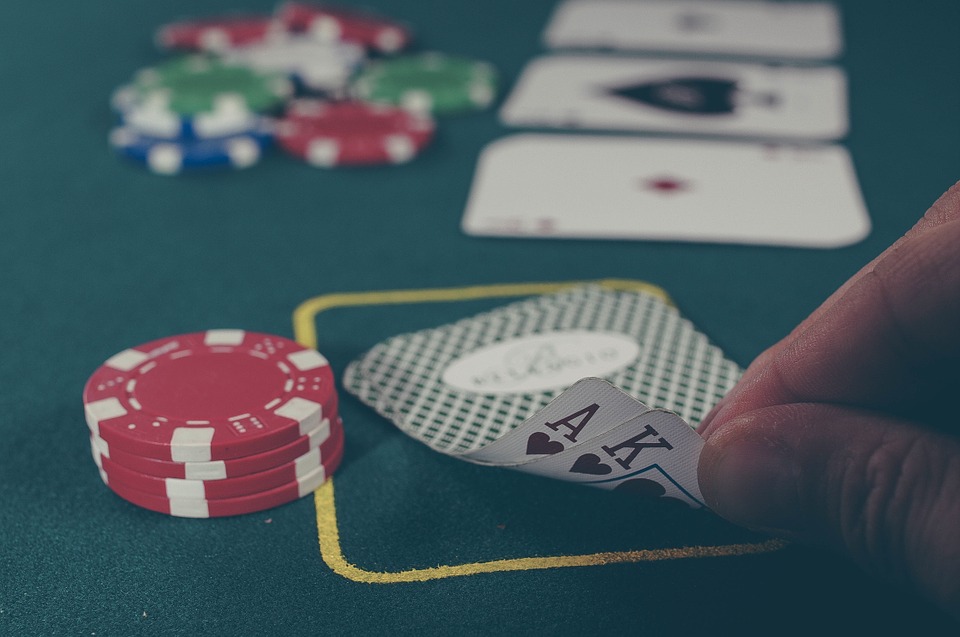It Gets Better (and Worse)
Luck is believing you’re lucky. — Tennessee Williams
Do you ever have that moment where you say something only to immediately think: “I should not have said that thing.”
Yeah…

In the midst of this great joy, I was on the phone with my sister when I laughed and said: “Man, things can only get worse from here.”
Universe–wait! Nooooooo…
REGRESSION TO THE MEAN
In situations where a lot of different factors can influence the outcome, researchers see a recurrent trend: extreme experiences are often followed by more moderate ones.
In sports, this is a common finding, so much so, that it’s often called the “sophomore slump.” This is when a player has a really strong rookie season, but when they come out the following year, they’re not nearly as good. That is, their first extremely positive showing is followed by a more moderate one.

We will define luck as all the random factors in the world that are too hard to measure but still influence how good or bad things turn out.
For example, let’s say you’re the manager of a restaurant and you have a really great month of sales. Besides just the quality of food and the advertising (stuff you control), there are also a thousand other forces influencing how many people eat there (e.g., how cold it is outside; whether construction is being done nearby; maybe a popular movie shows actors eating the kind of food you serve).
All of those things outside your control, however, will fluctuate: Sometimes they’ll be in your favor, other times they’ll work against you. And all of these uncontrollable factors (i.e., luck) tend to work according to statistic probabilities.
That is, on the grand scale of things, you’re about as equally likely to have good luck as you are to have bad luck. So, when you have good luck for a while—probabilistically—you’re likely to have bad luck to follow. And vice versa.
This is what’s known as regression to the mean: After having an extremely positive series of experiences, your next set of experiences will likely be closer to the mean (or the average), which means they will be less positive. The reverse is true for negative experiences: a really bad negative experience is likely to be followed by less bad experiences later on.
FATE IS IN THE AVERAGE

Let’s pick up with where I stopped in my opener. I was having an awesome weekend of fun, remember? But, at the end of that long weekend, I returned home to find my Internet had randomly stopped working, and the demon masquerading as my cable company “can’t” fix it until late next week. Then, just a day ago, there was a large explosion outside my apartment, where the transformer to my building had literally become a ball of flames.
Hence, the fact I’m writing and posting today’s topic from school. At 11:00pm.
Now, because we’re talking about averages here, it’s not always the case that good events will immediately be followed by bad events. Instead, this statistical probability says that over time, if you were to average all the positives and negatives, you would get an “average” state of being.
Our experiences, then, fall around this average, either being more positive or being more negative. That is, to maintain that average, our big highs will eventually be “balanced out” by big lows.
So, what does this mean for your own life?

When life is really crappy, it means that things are going to turn around in the future—so take solace in the fact life will improve. At the same time, if life is really awesome, make sure to be grateful for those experiences, because it’s likely other events will turn sour in the future.
But, as a hard rule to take away from today’s post: It’s just best not to taunt fate/the average in the first place.
Back to Average,
jdt
Everyday Psychology: Although the last line of today’s post was a joke, people–in general–really do not like to tempt fate. In fact, as soon as I made the comment to my sister that my life could only get worse at that point, she told me not to even put that thought into the world. Indeed, research has examined this idea of “tempting fate” and why people are so averse to it. What they find is that when we make statements that tempt fate, it makes those negative outcomes more accessible in our minds (i.e., those negative outcomes are easier to bring to mind). Because they’re more on our, we subsequently think they’re more likely to happen. And if they do happen–merely by coincidence mind you–we’re more likely to remember them (compared to all the other times we worried about tempting fate but nothing bad happened; we don’t tend to remember those).
Nesselroade, J. R., Stigler, S. M., & Baltes, P. B. (1980). Regression toward the mean and the study of change. Psychological Bulletin, 88(3), 622.
Risen, J. L., & Gilovich, T. (2008). Why people are reluctant to tempt fate. Journal of personality and social psychology, 95(2), 293.







